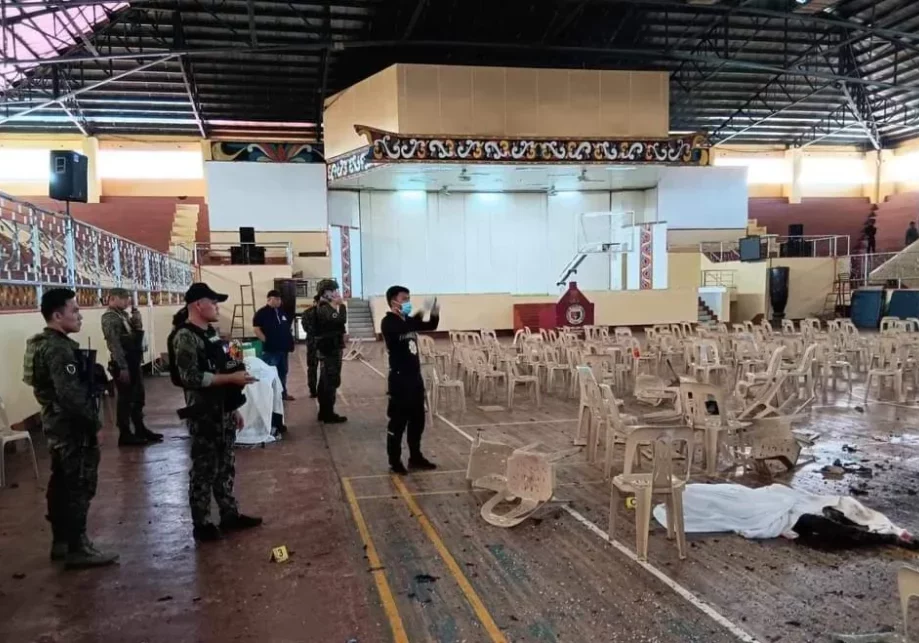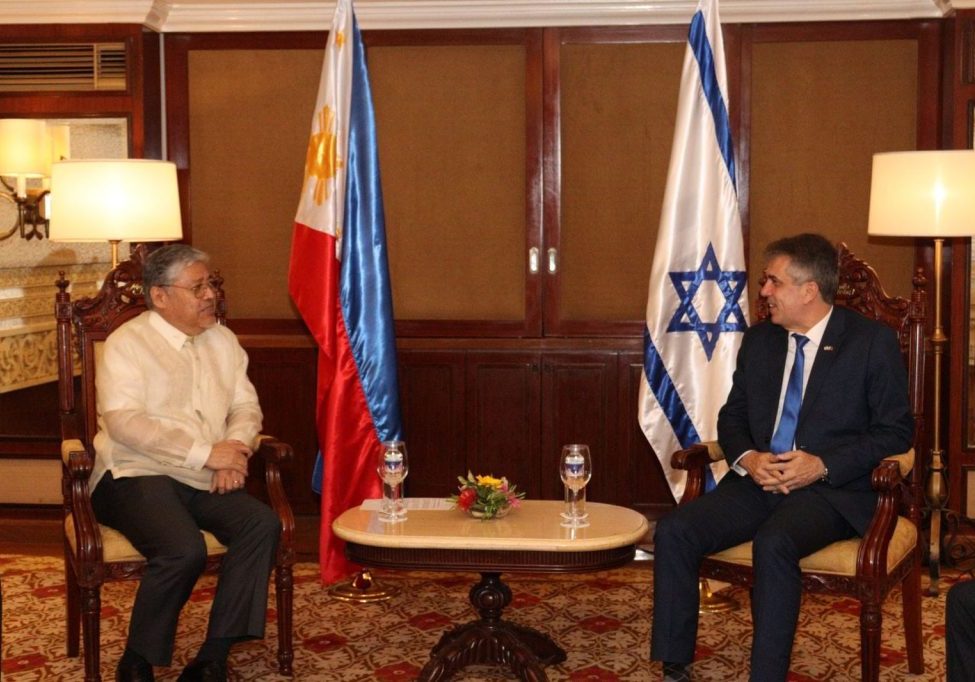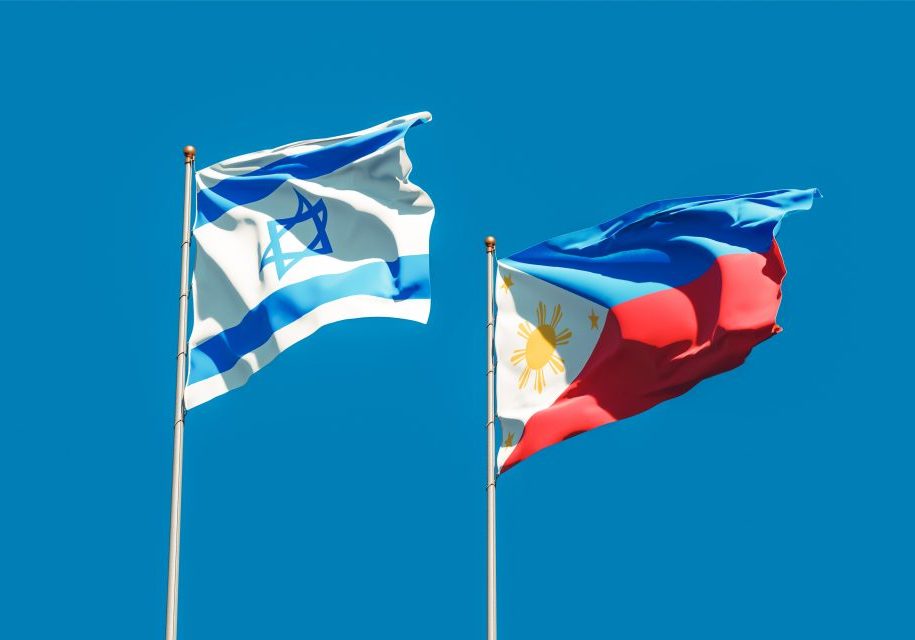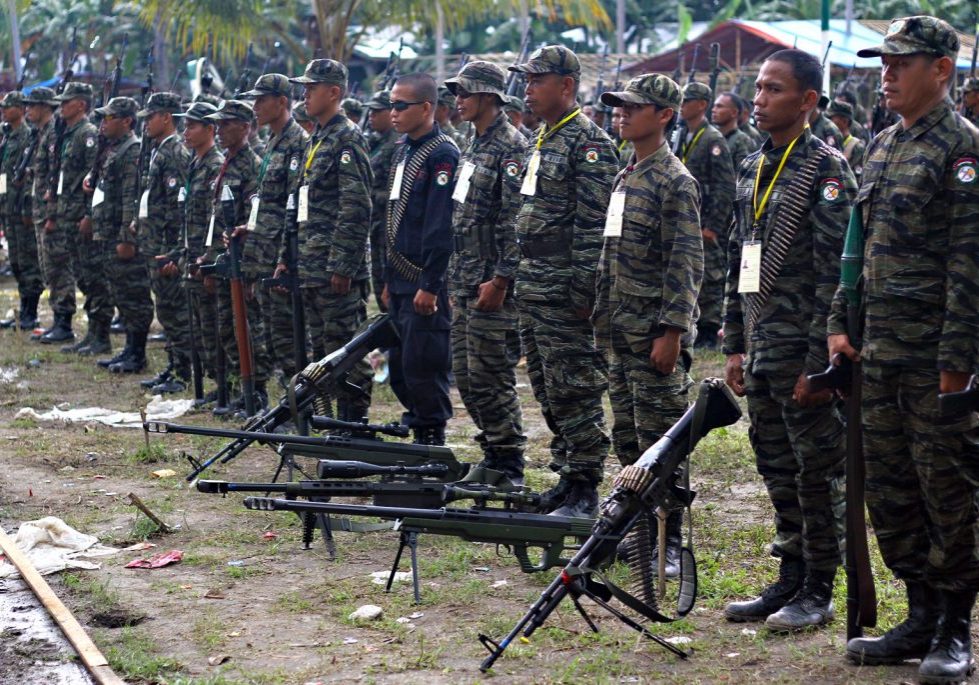Australia/Israel Review
Asia Watch: Slow progress
Nov 29, 2022 | Michael Shannon
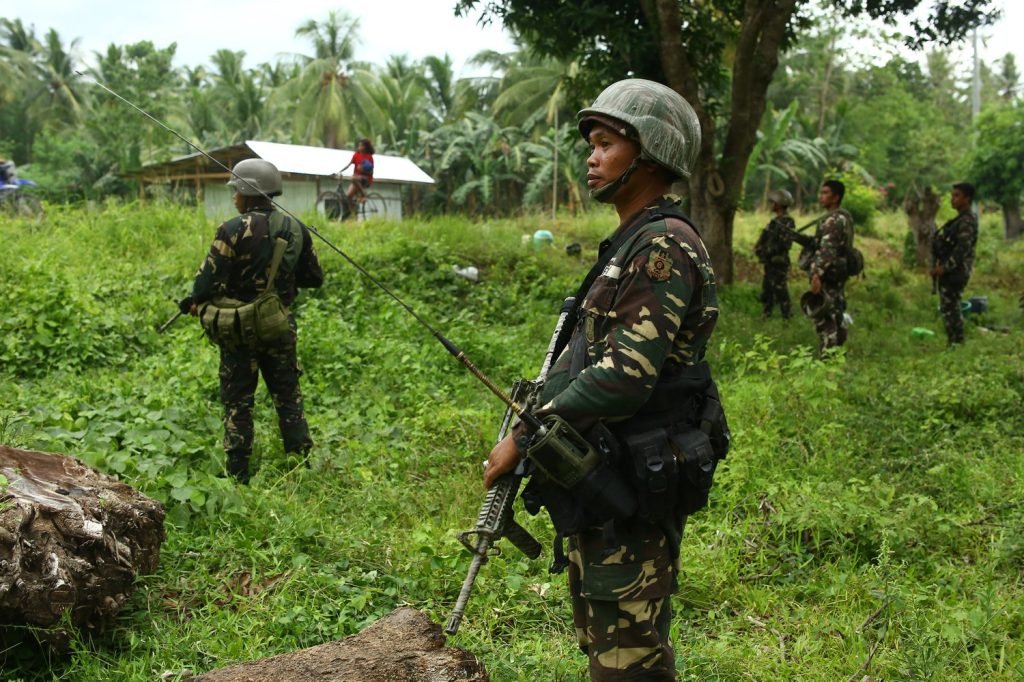
Several years after an historic peace agreement and a long, complicated process towards demilitarisation and political autonomy, deadly conflict can still break out suddenly.
Not for the first time, an apparent misunderstanding between the Philippines military and the Moro Islamic Liberation Front (MILF), a former rebel group, resulted in a series of clashes over two days that left three soldiers and up to ten MILF combatants dead on the southern island of Basilan.
The fighting broke out on November 8 when MILF members allegedly shot at a security detail escorting Lt. Col. John Ferdinand Lazo, the commander of the 64th Infantry Battalion, who had arrived on site to open a dialogue with the MILF about apprehending suspected militants involved in extortion and intimidation using homemade bombs. The commander believed the “lawless elements” – whose activities include twin bombings that wounded two people in the capital of Basilan in May – were benefitting from MILF protection.
Once the clashes subsided, both the military and MILF commanders at the scene accused each other of violating the 2014 peace accord, which eased years of bloody and extensive fighting between government forces and the Muslim rebel front, the largest separatist insurgent group in the south.
The fighting was the first major clash between government forces and MILF members since January 2015, when 44 police commandoes were killed by MILF forces as they entered a rebel stronghold to arrest the notorious Malaysian Jemaah Islamiyah bomber known as Marwan.
The recent skirmish underscored the fragility of law and order in a southern region faced with abundant loose firearms, private armies, crushing poverty and a long history of violence.
Under the 2014 peace pact, the MILF dropped its secessionist demands in exchange for a more powerful and better-funded Muslim autonomous region called Bangsamoro. The five-province Muslim region is now led by MILF leaders under a transition period ending in 2025.
Nearly half of about 40,000 guerrillas have agreed to lay down their firearms and return to normal life in exchange for cash and other incentives from the government, while other rebels have kept their firearms while waiting to be subjected to a years-long “decommissioning process”, a less-confronting term for surrendering their weapons.
Mohagher Iqbal, who led the MILF in years of peace talks with the government, said the violence “was an unfortunate incident that no one desired to happen… while the peace process’ dividends have started to be felt by the people.”
Earlier this year, a Malaysian-led international peace monitoring organisation, known as the International Monitoring Team and tasked with safeguarding a ceasefire agreement, ended its mission in the south after then-President Rodrigo Duterte decided that its presence was no longer needed.
“We need the IMT back. In times like these, their presence is needed,” Mohagher Iqbal said.
In more encouraging news, ten members of the Abu Sayyaf extremist Islamist group have surrendered to government forces in recent days rather than risk being killed in a counter-militant offensive.
This year, 174 Abu Sayyaf suspects have turned themselves in to military forces in the south, including about 40 non-combatants who were providing logistical support to the group, the military said. The overall strength of the Abu Sayyaf is believed to have fallen to 130 active fighters in its strongholds on the southern islands of Basilan and Jolo.
Military officials say that Abu Sayyaf has weakened manpower and capability, and are constantly on the run from government forces. “They grew tired, thus, they surrendered,” said one local commander.
Meanwhile, the Philippines’ military modernisation program continues. The national air force has officially inducted the Israeli-made Spyder ground-based air defence system (GBADS).
President Ferdinand Marcos Jr was in attendance for the induction of the long-sought defence system, three years after the Department of National Defence signed a deal with Israel’s Ministry of Defence and manufacturer Rafael Advanced Defence Systems for three batteries of the Spyder GBADS in 2019 for P6.8 billion (A$176 million) as part of the Philippine military’s Horizon 2 modernisation program. The first two batteries arrived in September while the third will be delivered in 2024.
The Spyder system is designed to protect critical installations from aerial threats such as “combat aircraft, attack helicopters, unmanned air vehicles, incoming missiles, guided munition, and rockets.” It comprises radar, a command and control unit, and Python 5 and I-Derby missiles with an estimated range of 50 kilometres.
Tags: Philippines



